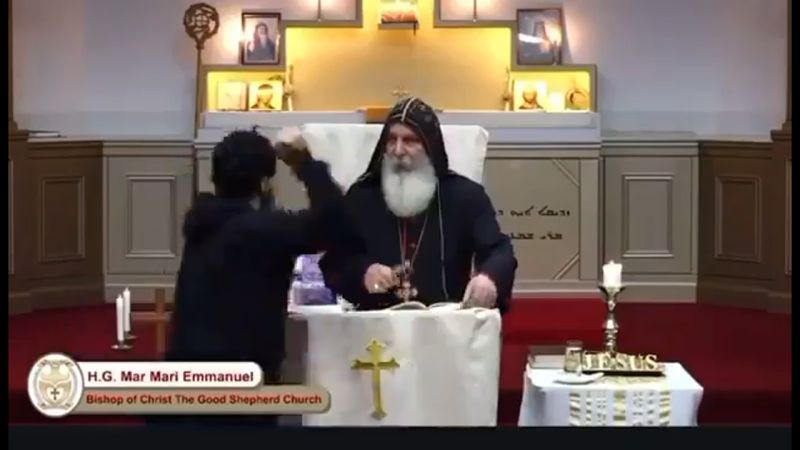The conflict between tech billionaire Elon Musk and the Australian government began when X, a social media platform owned by Musk, refused to remove a video showing a 16-year-old allegedly stabbing a bishop in an Orthodox Christian Church in Sydney. The Australian authorities argued that the video could be used to radicalize potential offenders and requested its removal. Most other social media platforms complied with the request, but X refused, citing concerns about censorship and free speech. This led to a public feud between Musk and Australian political leaders, with accusations of arrogance and calls for Musk to do the right thing.
Despite the e-safety commissioner’s orders, the video was still available on the X account of the Australian Jewish Association (AJA). AJA president David Adler defended the decision to keep the video up, stating that it is important for the public to see the footage to raise awareness of security issues and extremism risks. The eSafety office was contacted for comment on AJA’s decision but did not respond. Subsequently, a series of raids were conducted in Sydney related to the church attack, resulting in the arrest of seven youths and a warning from law enforcement about the risks of online radicalization.
Musk’s refusal to comply with the takedown request led to legal action being taken against X, with the threat of significant fines for each day of non-compliance. Despite the legal pressure, X remained adamant about keeping the video accessible on its platform, asserting that the material should be available. The battle between Musk’s platform and the Australian government highlights the challenges of content moderation and the balance between free speech and preventing harmful content from spreading.
Critics argue that Musk’s stance on free speech absolutism and his resistance to the takedown request set a concerning precedent for other platforms and individuals in control of communication platforms. The e-safety commissioner defended the takedown request, emphasizing that it was specifically aimed at the video of the stabbing attack and not at limiting discussions or debates surrounding the incident. Supporters of Musk applauded his defiance against government intervention, while his critics faced increased trolling on social media platforms.
The conflict between Musk and the Australian government underscores broader debates surrounding content moderation, free speech, and the responsibilities of tech platforms in combating extremism online. The ongoing legal battle between X and the Australian authorities raises questions about jurisdiction, accountability, and the global reach of social media platforms. As the parties prepare to return to court to address the issue further, the outcome of this dispute could have implications for future content moderation policies and the regulation of online platforms.


